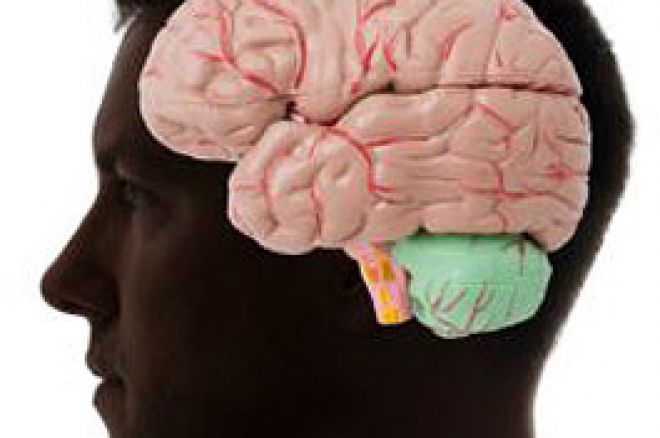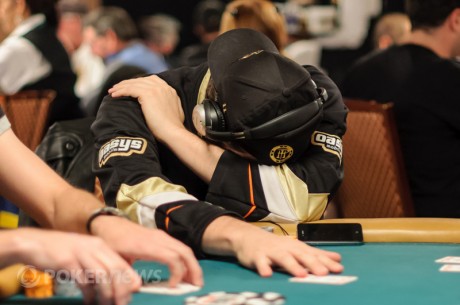The Poker Shrink, Vol 14 - The Psychology of a Poker Tournament

Every poker tournament is different. The structures are different, the players are different and certainly the cards are different. Recognizing how a tournament is different can increase your chances of making the money. Your pre-game ought to include at least an awareness of the internal psychology of a poker tournament.
To find the psychology of a tournament, ask questions like: Why are players here? Why are they playing this event? How can I use this knowledge to gain an advantage?
Let me illustrate what I mean by the "psychology of a tournament" by using a current NLHE event I have been playing the last several weekends. The tournament is Ultimate Poker Challenge being played each weekend at Binions in downtown Las Vegas. This is a year-long set of tournaments, so if you are going to be in Las Vegas in the coming year you might want to consider my analysis if you intend to sit down at one of these tables.
So what is the internal psychology of this event? Well it is the combination of the Binions celebrity name and the television coverage that gives these events their unique psychology. First, this is Binions, the original home of the World Series of Poker. Poker tourists often make the trek to downtown Las Vegas to play at Binions; they hold four small buy-in NLHE tournaments everyday. But the poker tourists are also there when the $340 Ultimate Poker Challenge events go off on the weekends, they see the permanent television final table set-up, they see the previous days event being taped, they see the scattering of professional players in the UPC events and they often plunk down their cash for a seat in the bigger buy-in UPC event. For that reason the Ultimate Poker Challenge events have a very fishy flavor, particularly in the early rounds.
Quite frankly, I have never seen so many first-timers playing in this size buy-in event before. Identifying the dead money is easy because they tell you "This is my first event" or they ask about the blinds every time they come around. Now the psychological aspects of such a mix of players require a savvy player to make many subtle adjustments. For example, after a table change, I found myself next to a lady who asked about the button and blinds every round. She simply could not "get it" how the button moved, and therefore how the blinds moved. Two seats past her was professional Kenna James and next to him was the super-aggressive tournament chip leader. Each hand had a very different make-up of players with varied psychological reasons for their play. The psychology of the event changed as the day wore on, players were eliminated and the TV final table loomed ever closer.
These can be very tough tables to play, trying to isolate that fish and avoid the sharks.
However, there were still players in the event who had not considered the motivations of the other players. They had not considered the psychological aspects of the play and therefore they could not manipulate the others players with their bets and raises. There is more to the psychology of a table or an event than how a bet or raise will produce the desired effect in a particular hand. The key is how your move will affect the particular players in the hand with you. Reading a player needs to be done repeatedly during a tournament, reading a table is more complicated still but reading the tournament is easy and you can do it before the cards are in the air.
To determine the psychology of any given tournament, just ask yourself: Why are players here today? Why are they playing this event? How can I use this knowledge to gain an advantage?
Ed Note: Don't try to figure out why the thousands of players at Poker Stars are playing. Simply sit down, and play.








